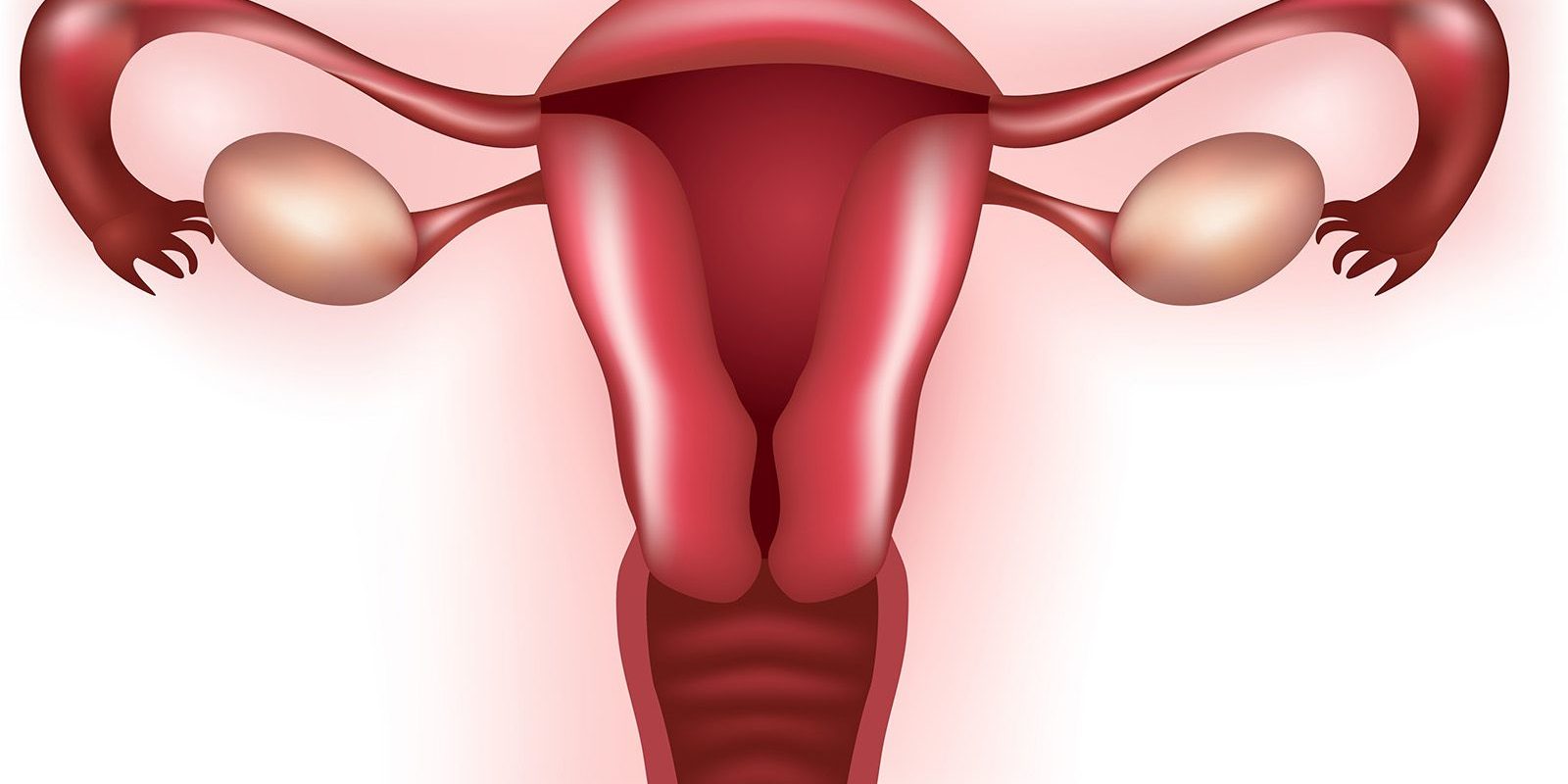Recurrent implantation failure
Recurrent implantation failure (RIF) is a challenging and distressing condition that many couples face when trying to conceive. It is failing to achieve a clinical pregnancy after multiple in vitro fertilization (IVF) cycles with the transfer of high-quality embryos. We diagnose RIF after a woman has undergone at least three unsuccessful IVF cycles or after the transfer of 10 high-quality embryos without achieving a successful pregnancy.
Several factors can contribute to recurrent implantation failure, including:
1. *Embryo Quality*: Even though the embryos transferred may appear of high quality, they may have genetic abnormalities or other issues that prevent successful implantation.
2. *Uterine Receptivity*: The receptivity of the uterine lining is crucial for successful embryo implantation. Endometrial thickness, receptivity window, and uterine abnormalities can impact implantation.
3. *Immunological Factors*: Some women may have immune system abnormalities that lead to rejection of the embryo or interfere with implantation.
4. *Hormonal Imbalances*: Hormonal imbalances, such as problems with thyroid function or progesterone levels, can affect the receptivity of the uterine lining.
5. *Uterine Abnormalities*: Structural issues in the uterus, such as fibroids, polyps, or adhesions, can interfere with embryo implantation.
6. *Lifestyle Factors*: Factors such as smoking, excessive alcohol consumption, obesity, or high levels of stress can negatively impact fertility and implantation.
MANAGEMENT
When faced with recurrent implantation failure, couples should work closely with their fertility specialist to determine the underlying causes and develop a personalized treatment plan. This plan may involve further diagnostic testing, such as hysteroscopy or genetic testing of embryos, and tailored interventions to address specific issues identified.
Treatment options for recurrent implantation failure may include:
1. *Endometrial Receptivity Testing*: This can help determine the best time for embryo transfer based on the receptivity of the uterine lining.
2. *Preimplantation Genetic Testing*: Screening embryos for genetic abnormalities before transfer can improve the chances of successful implantation.
3. *Hormonal Supplementation*: Supplementing with hormones like progesterone can help support the uterine lining for successful implantation.
4. *Immune Therapy*: We sometimes consider immunosuppressive or immune-modulating treatments to improve implantation.
5. *Surgery*: Surgical intervention may be necessary to correct issues such as fibroids or polyps.
It’s essential for couples experiencing recurrent implantation failure to seek support, both emotionally and medically, as they navigate this challenging journey. With advances in fertility treatment and a comprehensive approach to diagnosis and treatment, many couples can overcome RIF and achieve a successful pregnancy.
Here are some additional points to consider when dealing with recurrent implantation failure (RIF):
6. *Genetic Testing*: Both partners may undergo genetic testing to identify chromosomal abnormalities or genetic conditions contributing to RIF. This information can guide treatment decisions and improve outcomes.
7.* Lifestyle Modifications*: Healthy lifestyle choices are important. They include maintaining a balanced diet, exercising regularly, managing stress, and avoiding harmful substances like tobacco and excessive alcohol, which can positively impact fertility and overall reproductive health.
8. *Alternative Therapies*: Some couples may explore complementary and alternative therapies, such as acupuncture, herbal supplements, or mind-body techniques like meditation or yoga, to support fertility and reduce stress levels. Martlife Detox Clinic offers a battery of tests. It starts with Bioenergetic testing to determine toxic stressors. Martlife provides several detoxification and cleansing options are provided. They remove heavy metals. In addition, they eliminate other toxins and pathogens. It gives a clean body for implantation.
9. *Consultation with a Reproductive Immunologist*: When immune factors are suspected to play a role in RIF, a reproductive immunologist can help identify immune issues and develop targeted treatment strategies to improve implantation.
10. *Third-Party Reproduction Options*: For couples with severe RIF that is not responsive to conventional treatments, considering alternative options such as donor eggs, donor embryos, or gestational surrogacy may be appropriate.
11. *Psychological Support*: Dealing with RIF can be emotionally challenging for couples, and seeking support from a counselor, therapist, or support group can help manage stress, anxiety, and feelings of isolation during this difficult time.
12. *Research and Clinical Trials*: Couples experiencing RIF may consider participating in research studies or clinical trials investigating new treatments and technologies that could offer hope for achieving a successful pregnancy.
It’s important to remember that every individual and couple is unique, and the underlying causes of RIF can vary widely. A thorough evaluation by a fertility specialist is essential to identify the specific factors contributing to RIF and develop a tailored treatment plan.
While overcoming recurrent implantation failure can be a complex and frustrating process; many couples ultimately find success with perseverance, patience, and the guidance of a dedicated medical team. By staying informed, proactive, and hopeful, couples can navigate the challenges of RIF and increase their chances of achieving their dream of parenthood.







